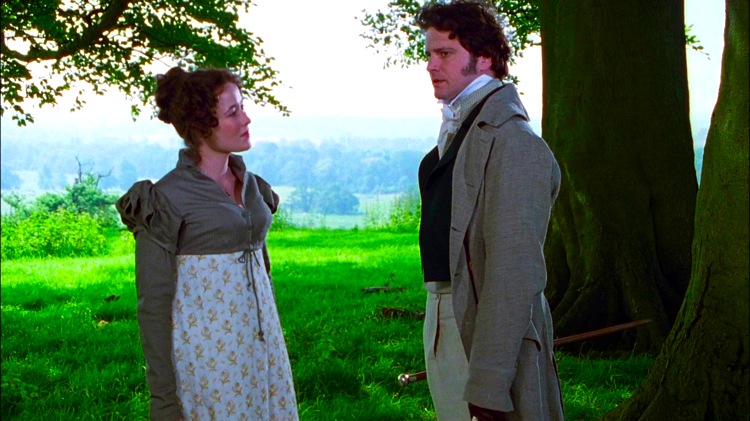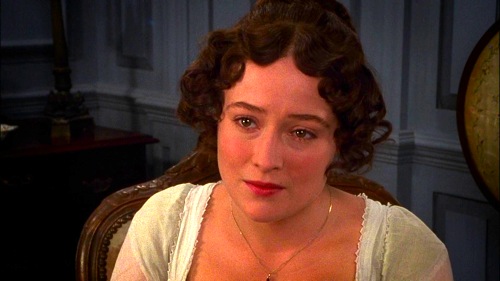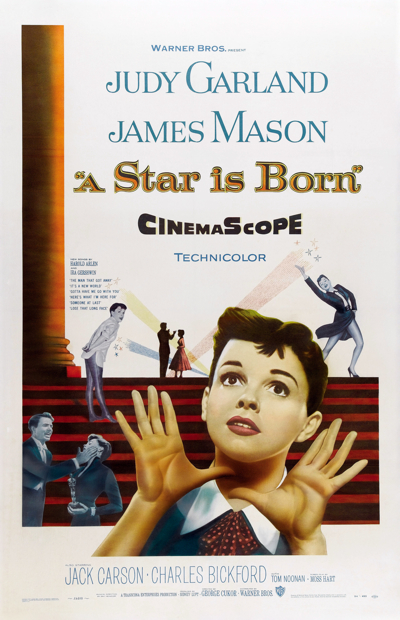
By David Ross. I have previously commented on film’s mismanagement of the lives of authors (see here). Film does somewhat better with the works of authors, and indeed regularly eclipses its source texts. Who recalls that The African Queen was a 1935 novel by C.S. Forrester? Or that Rear Window began as a 1942 short story by one Cornell Woolrich (1903-1968), a second-tier crime novelist in the Hammett/Chandler mode? Or that Vertigo was a 1954 novel by Pierre Boileau and Pierre Ayraud, writing under the pen name “Boileau-Narcejac”? Or that Psycho was a 1959 novel by Robert Bloch?

Upstart movies supplant even relatively good novels. Stanislaw Lem’s Solaris, Larry McMurtry’s The Last Picture Show, Mario Puzo’s The Godfather, and Arthur C. Clarke’s 2001 come to mind. Between them, James Ivory and David Lean gave E.M. Forster a run for his money no less than four times. Poor James M. Cain, a gritty crime novelist of no mean talent, gave film a bountiful gift of storylines and wound up rendering his own works nearly irrelevant. Double Indemnity (1944), Mildred Pierce (1945), and The Postman Always Rings Twice (1946) were all adaptations of his largely forgotten novels. Even Ernest Hemingway has been outdone. Howard Hawks’ To Have and Have Not (1944) – the first film to pair Bogart and Bacall – turned Hemingway’s mediocre novel of 1937 into a kind of Caribbean Casablanca. As far as I know, nobody has read Hemingway’s novel since. Hemingway himself hated the novel, so we can hardly blame ourselves for ignoring it.
Truly great literature is typically too dense, intricate, linguistic, and interior to be anything but a celluloid fiasco. Melville, Dickens, Tolstoy, Joyce – they’ve all been made ridiculous by directors who believed they were up to the challenge of world-historical storytelling. Orson Welles tried to match wits with Kafka’s Trial (1962), but even he should have known better. Martin Scorsese brought the eye of a Dutch master to the period detail of Edith Wharton’s Age of Innocence (1993), but in the end his film is undone per Hollywood formula: too much eye candy (Michelle Pfeiffer and Winona Ryder), not enough theatrical competence. John Woo, best known for realizing that tough guys look twice as cool with a gun in each hand, recently tried to bring the greatest of all Chinese novels, The Romance of the Three Kingdoms, to the big screen. The resulting epic, Red Cliff, crams several thousand pages into three hours of film, a good two hours of which are devoted to shots of arrows whizzing in thick bunches. Those training to be Olympic archers will love it; students of Chinese literature not so much.

The only major author to emerge smelling something like roses is Jane Austen. While no film is likely to rival her novels, which may be the greatest – and are certainly the most charming – ever written, the BBC’s 1995 miniseries is a marvelous effort, perhaps the most faithful adaptation of a canonical literary work in the history of film. Jennifer Ehle (a North Carolinian no less) is the perfect Elizabeth Bennett. She shifts with liquid ease between sense and sensibility without upsetting the comfortable equilibrium of Elizabeth’s personality. This is indeed the trick: Elizabeth must be dual without being divided; her different sides must be integrated and seamless; she must be both things at once. In terms of craft, Ehle, who was then twenty-six, throws looks like some character actress of the 1930s cannily drawing on the stage experience of six decades. Her every shift of expression has logic and purpose; this is not method acting, but something like sculptural creation, each gesture like the tap of the chisel. It’s a testament to Ehle’s performance that her looks grow upon us just as they are supposed to grow upon Mr. Darcy. We begin by overlooking her unassuming loveliness; by the end, her dark ringlets and mischievous smile have thoroughly captured our attention. If there is a quibble to be made, it’s only that Ehle is likely to invade our mind’s eye next time we read Pride and Prejudice. Continue reading Pride and Prejudice: 1995 vs. 2005
